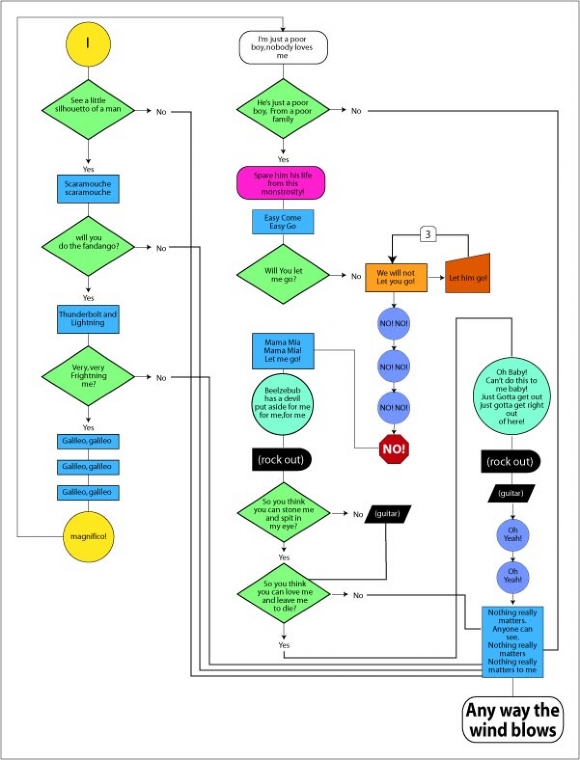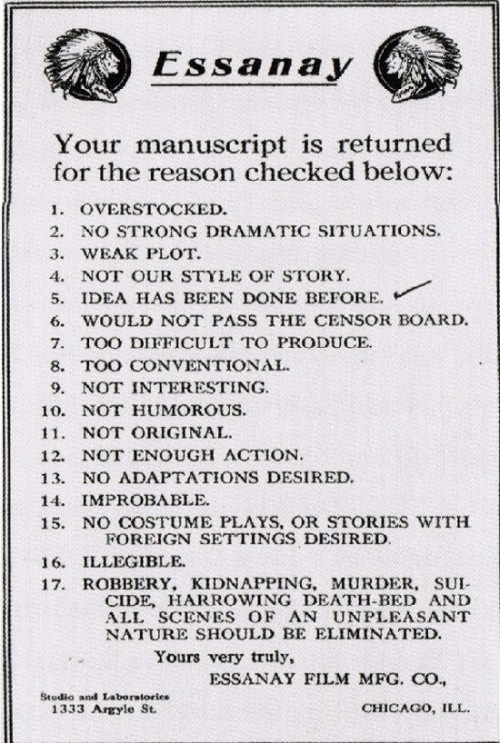At one point, I was trying to sell a book on a particular technical topic: a piece of software that I felt was significantly underrepresented in the book market. I hadn’t been able to sell the idea to anyone yet and I had ended up pitching it to the Dummies books people.
About the same time, I had finally made the decision to sign up with Studio B. I’m still with them and I think they’re incredible. I recommend them highly. So this would be the first book they represented me on. Cool.
With every other publisher, I’d been able to say “Okay, and then I wrote…” and poof! I could usually get a contract if they felt the book was worth doing. The Dummies folks said, rightly, that only about half the people who were accomplished authors could actually write in the Dummies style. I could understand that: it’s not as easy as it looks.
Auditioning for a Dummies book was not a thrilling experiment. The acquisitions editor I was dealing with kept losing track of things. I’d send her something and then a while later I’d get a snottygram from her asking why I wasn’t doing my bit and I’d point out that I’d emailed it to her a week ago. She frequently wouldn’t believe me until I forwarded the mail with the original mail headers, at which point she would go finally do her bit. She was clearly not the sharpest spoon in the drawer.
Another problem was the developmental editor, who left a great deal to be desired. The thing about Dummies books is that they have to be funny and lighthearted in a certain way, which is why they’re so hard to write. I had that down, but what I was not ready for was the really unhelpful suggestions from the developmental editor. The sample chapter I was writing was about dealing with graphics in this product, so I was unprepared for one of his suggestions near the end of the chapter: “I don’t know how you feel about this, but a good fart joke would go well here.” I’m writing a book about a tool used exclusively by technical writers and you want me to stick fart jokes in this?!? I thought. (No, I most decidedly did not add a fart joke there!)
I sent the revised chapter in to the acquisitions editor who, true to form, lost it and bitched at me a couple weeks later. When we finally got her to acknowledge that she had the chapter in her hands, she let me know that it was good enough for me to be a Dummies author (oh, yippee-skippee) and that she’d be getting back to my agent about a deal.
Shortly thereafter, my agency phones me up. The deal really sucked. It was about half of what I’d been getting with other publishers. My agent kept pulling out additional terms and clauses in a “But wait, there’s less!!” sort of mode. After two or three of these, I said “Tell me the good part.”
He said “Well, we are at the good part. This is why we don’t do a lot of deals with the Dummies people; they don’t pay very well.”
“Okay.”
“Do you want me to make a counteroffer?”
“Other than the obvious? Yes, please, tell them they should double this and we’ll talk.”
Okay, fine, no deal. I wasn’t terribly surprised, nor could I quite say I was disappointed. I wasn’t keen on spending time working with either the acquisitions editor nor the developmental editor, so skipping this one wouldn’t be a big deal.
The next morning at 6:45am Pacific time, I get a phone call from the acquisitions editor in Indianapolis.
Directly.
Without my agent on the line.
You need to understand that this is a gross violation of publishing ethics. Unless there’s a darned good reason, like we’re about to collide with another planet, the editor NEVER phones the author directly to discuss business when they’re represented by an agent. It is Simply Not Done. I also didn’t care for the fact that I’d been woken up about 2 hours before I had planned on being conscious, either. So I was definitely not in a mood to roll over and give way.
The acquisitions editor tried to push me hard about the fact that I’d turned down their offer. It was the best deal I could get from them she said. (This was a complete lie, as I knew two authors who had gotten much better deals recently and she’d been the acquisitions editor on those deals.) I’d be a Dummies author, she said, which would count for something.
I’m not in the business for the fame, I said. I want the money. And, I added, after 17 books in this field, I really didn’t think I needed to pay any dues.
But you’ve never written for Dummies before, she countered. There’s a risk you might not make it.
“So you’re worried about the risk and that’s why you’re not paying me?”
Yes, definitely, she replied.
“Okay, well, then let’s structure the deal this way,” I said: “You don’t pay me any advance, but you crank the royalty rate up to 15%. That way, you’re not out anything. If the book doesn’t sell, then there’s very little exposure, but if it does sell, which is what I’m betting, then we both make money.”
“Oh, we couldn’t do that!”
“It adequately takes care of your risk problem.”
“But we just couldn’t do that!” she said.
We talked for another 10 minutes with her trying to browbeat me into taking the deal and me saying that I wanted more money. I could get more money, she said, if I just made the deal directly with her and dumped my agent. (Sheesh, there was just no limit to the lack of ethics with this woman!) The call ended with her saying something that translated as “You’ll never write Dummies books in this town again!” and me saying something that translated as “Blow me.”
I hung up and then called my agent and was just frothing at him about the gross unprofessionalism of this woman and that she’d not only phoned me directly but that she’d suggested I cut the agency out of the deal. This didn’t surprise my agent at all, as he’d actually worked in a cubicle next to hers at another publisher and he actively wondered how she managed to keep her job. (I suggested that some people are like bullets: they sit around their chamber waiting to be fired.) He said not to worry, they’d get the book placed, and we’d do fine.
And sure enough, they did. They got me in to another division of the publisher. They paid me twice the advance I normally got, they got me about everything I wanted for royalty, and the book was going to be an in-depth professional book, exactly what I wanted it to be.
Ironically, late in the book process, the publisher closed down that wing and books were reassigned. We ended up back on the desk of the same clueless idiot I’d dealt with originally, albeit not doing a Dummies book. I never brought up anything about dealing with her in the past and neither did she. I at first thought that it was that she was going to be professional, too, but the more I worked with her and saw her in inaction, the more I think it’s because she simply didn’t remember.
The happiest footnote to this is that she got laid off about a year later. There was many a dry eye in the house at this news. There were quite a few smirks, too. She left the business and went into real estate, proving that she was as good an acquisitions editor as everyone had always thought.
And there was much rejoicing throughout the land.

